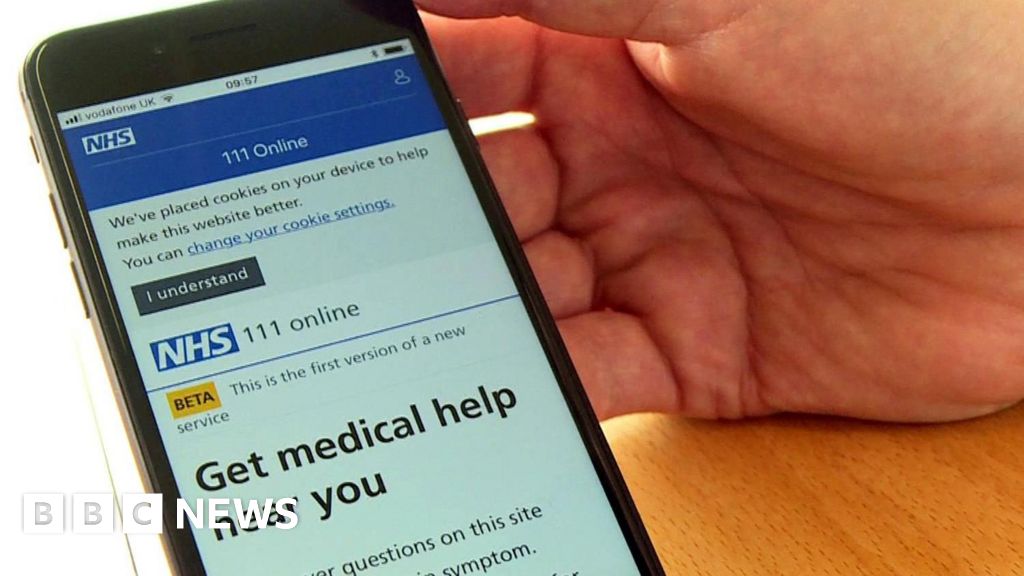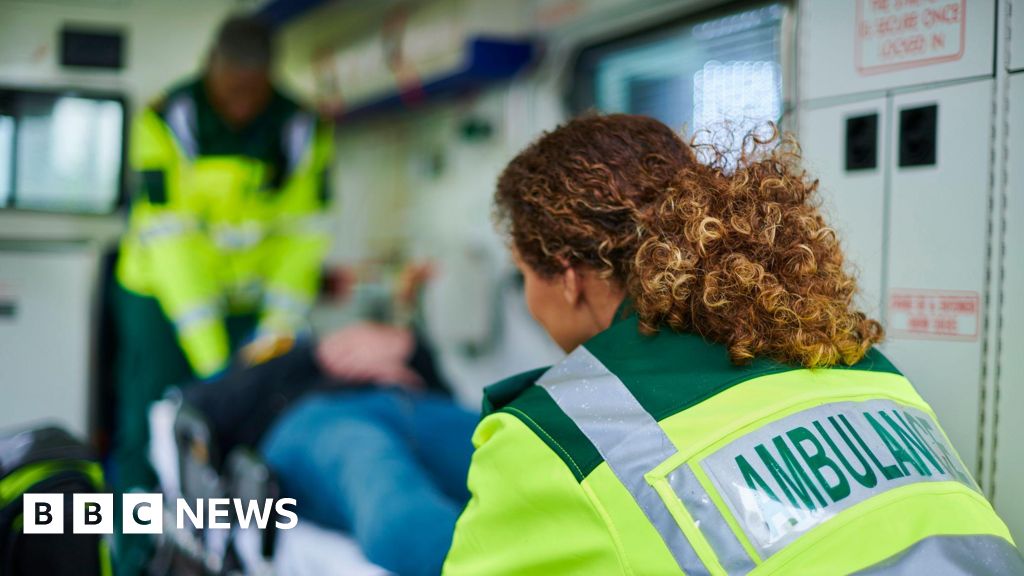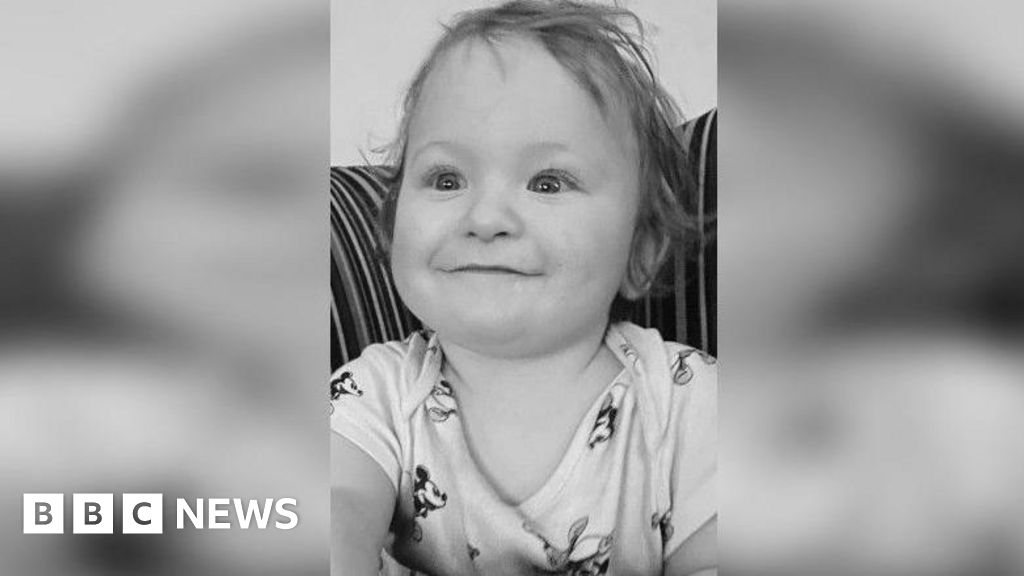ARTICLE AD BOX
Image source, Getty Images
Image caption, Questions around the origins of Covid-19 centre on Wuhan, where the virus first emergedThe World Health Organisation (WHO) says a new taskforce may be the last chance to find the origins of Covid-19.
It has nominated 26 experts to join the body, the Scientific Advisory Group on the Origins of Novel Pathogens (Sago).
More than a year-and-a-half since the virus was detected in the Chinese city of Wuhan, the question of how it first emerged remains unclear.
The team will consider if the virus jumped from animals to humans in Wuhan markets or leaked in a lab accident.
China has strongly refuted the second theory.
In February, a WHO team tasked with investigating Covid's origins flew to China and concluded that the virus had probably come from bats but that more work was needed.
But the WHO's director general, Dr Tedros Adhanom Ghebreyesus, later said the investigation had been hampered by a lack of data and transparency from China.
The proposed members of the Sago group include six experts who visited China as part of the previous team.
Aside from coronavirus, Sago will also look into the origins of other high-risk pathogens.
"Understanding where new pathogens come from is essential for preventing future outbreaks," said Dr Tedros said.
In a joint editorial in the journal Science, Dr Tedros and other WHO officials said "a lab accident cannot be ruled out".
Michael Ryan, the WHO's emergencies director, said Sago's work may be the "last chance to understand the origins of this virus".
The announcement of the new group comes as CNN reported that China was preparing to test tens of thousands of blood bank samples taken in the early months of the pandemic.
But Chen Xu, China's ambassador to the UN in Geneva, said Sago's work should not be "politicised".
"It is time to send teams to other places," he said.
WHO caught up in geopolitical fight
Tulip Mazumdar, Global Health Correspondent
Almost two years since the start of the pandemic, we still don't know where , when or how the deadly Sars-Cov-2 virus emerged. Investigating new viruses is always extremely complex, but scientists have been able to find the source of the two previous coronavirus outbreaks - both of which have emerged from animals.
It's been nine months since the last WHO-convened mission returned from Wuhan, saying a similar animal spillover was the most likely source of the pandemic. But questions continue to be raised about a potential accident at a Wuhan lab which studies coronaviruses and keeps thousands of bat samples. China has strenuously denied this.
The WHO says China still hasn't shared crucial data from the earliest days of the pandemic. The UN agency - which has been caught in the firing line between China and the US's bigger geopolitical fight on this issue - has been hardening its language on investigations into a lab leak theory.
The science is becoming increasingly politicised, with China so far refusing to allow international scientists back into the country.
It's hoped this new Sago body with experts from 26 different countries will be able to break this impasse, and finally get some much needed answers so the world can better prepare for future outbreaks.

 3 years ago
58
3 years ago
58








 English (US) ·
English (US) ·